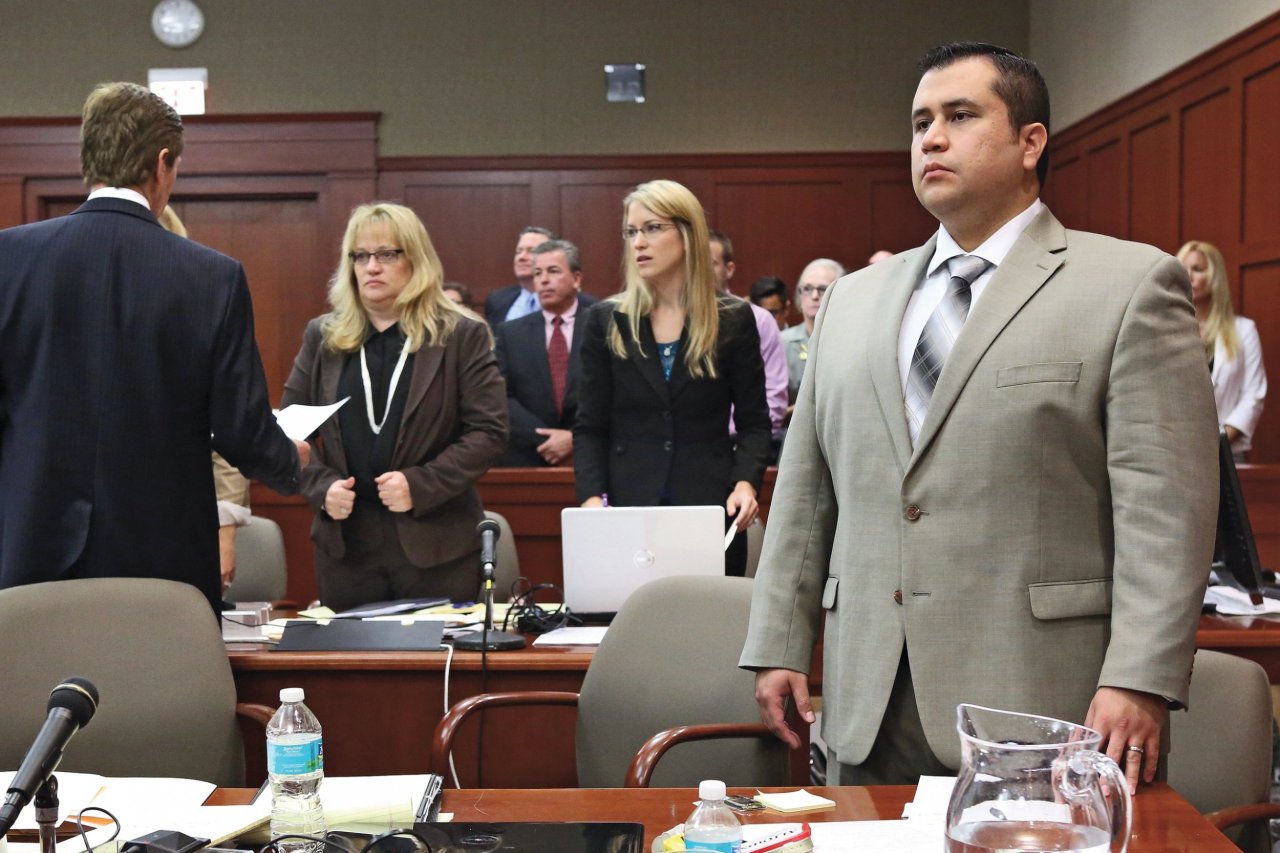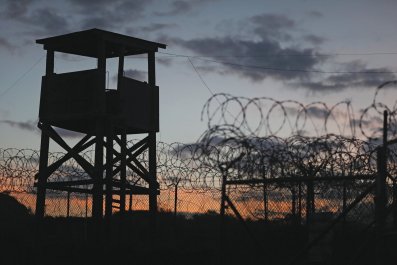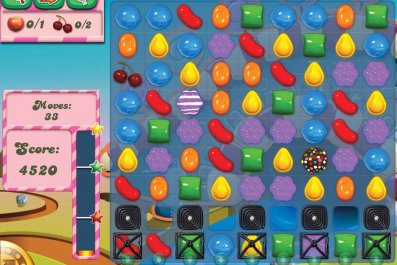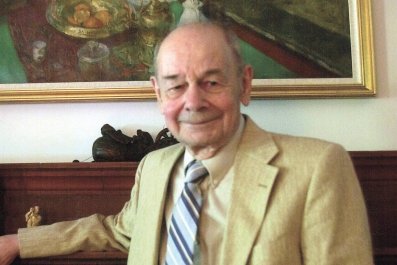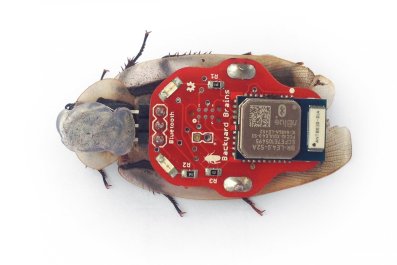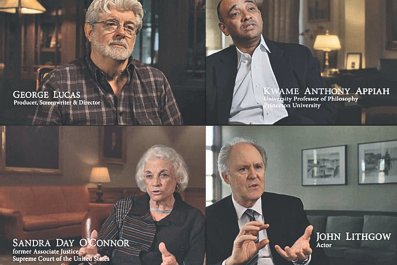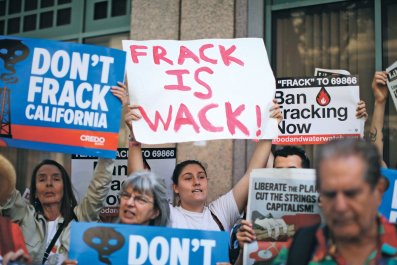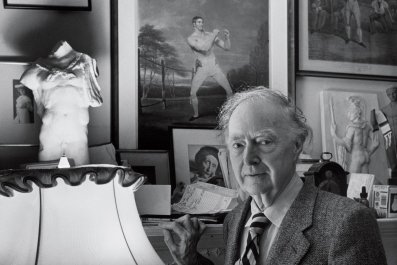THE QUESTION burns for all teenagers: would George Zimmerman have singled out Trayvon Martin if he had been an adult?
On George Zimmerman's 911 call, he said Martin "looks black" before finally confirming the 17-year-old was black, but he also identified Trayvon as being in his "late teens."
"A 30-something person would confront a teenager—something tells me he felt emboldened by [Trayvon's] youthfulness," said Eugene O'Donnell, a professor of law and police studies at John Jay College in New York. "The seeds of this have to do with the youth of the person."
It's unclear what was going through Zimmerman's mind when he confronted Martin, but one of the biggest debates raging around the case is whether Zimmerman racially profiled the teenager. For some people, there's no question that Zimmerman would not have singled out Martin as being "up to no good" if Martin had been white. But what if he hadn't been a teenager—what then?
There is little research on youth profiling, where an older person immediately assumes a teenager is "up to no good." Some have speculated that a jury with greater minority representation would be more sympathetic to Martin. But there's no way to determine if it would be also different if the jury was made up of young people who know how it feels to be stopped and interrogated by, say, a 28-year-old man, since teenagers aren't eligible to sit on juries.
Many teenagers have no doubt that Martin was stopped because of his age, and they've taken to social media to say so. "The fact is, a crime was committed against [Trayvon] by an adult and that adult needs to be held accountable," reads one typical post on Tumblr by a high-school senior in Ontario.
According to a 2010 Pew poll, almost all millennials accept interracial dating and marriage—and the younger the person, the more likely that person was to have a friend of a different race, although the survey did not ask anyone under 18. Given young people's attitudes toward race, it's likely that many of them simply identify with Martin because he is teenager who was hounded by an adult.
"I think, personally, the racial divides are less obvious with young people," said O'Donnell. "There's more identification with black culture, with black dress among young white kids. The older generation is having a different conversation than the younger generation."



